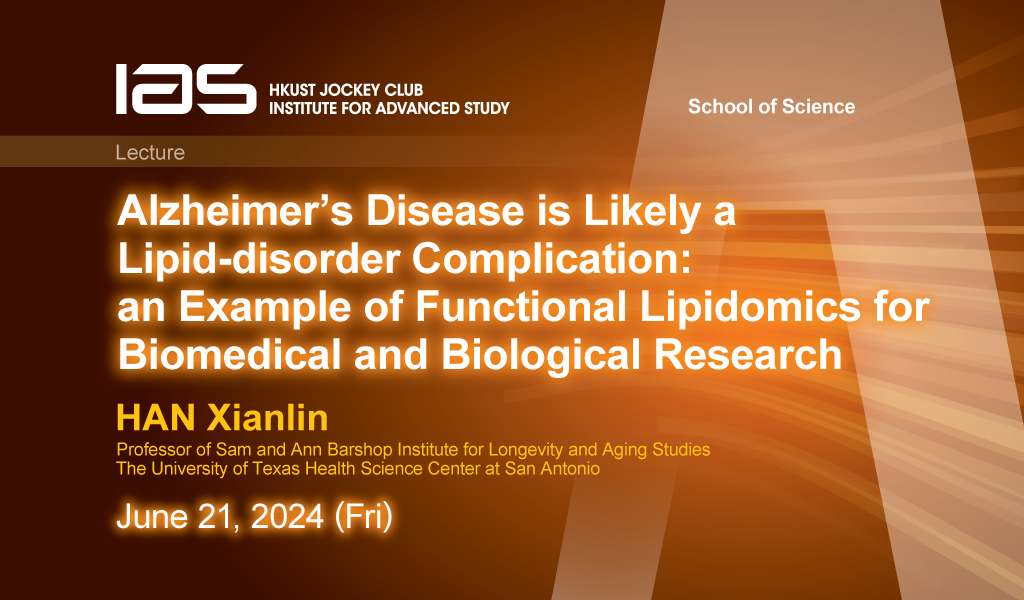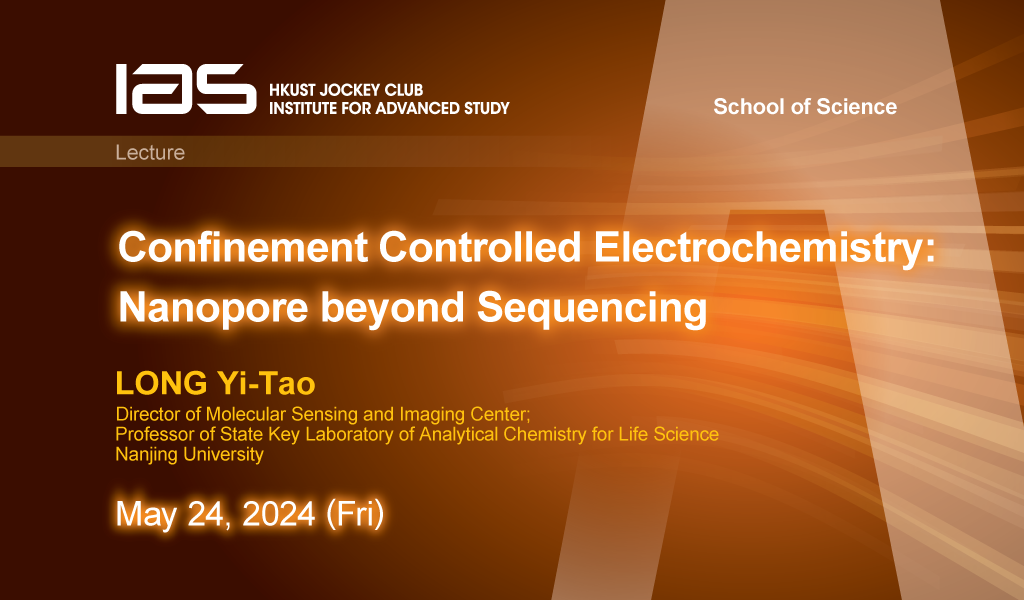Anthropogenic activities are causing the global climate to change at an unprecedented rate. A plethora of studies have now shown that such rapid changes in the environment, including thermal anomalies and acidification of aquatic ecosystems can have severe consequences on the ecology as well as crucial behaviours of aquatic organisms. Over the past years we have been investigating the impacts of environmental change on marine fishes in particular on the brain, through experiments, unique field collections, molecular work and computational analyses to understand the neuromolecular responses. Through transgenerational exposure to elevated CO2 we deciphered short-term, developmental effects as well as the influence of parental effects on the brain. Furthermore, collections in the wild at CO2 seeps allowed to understand the common and variable responses among species and revealed different levels of plasticity and adaptive potentials owing to evolutionary rates. Lastly, we find that climate change-stressors also alter crucial cooperative behaviors in fish, such as cleaning interactions, and we exhibit the changes to underlying molecular mechanisms in different brain regions revealing a major influence on mutualism maintenance with potential large-scale effects on the coral reef ecosystems.

HKU
Julian Mak at jclmak@ust.hk


